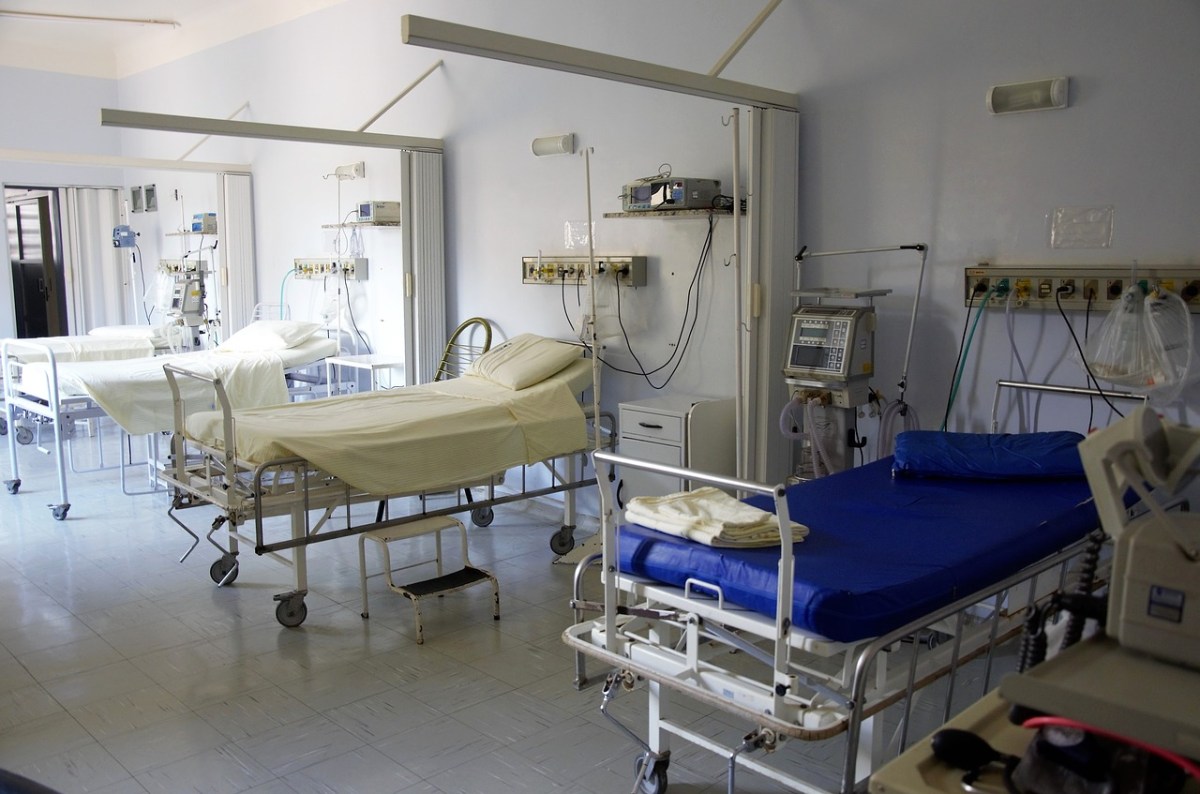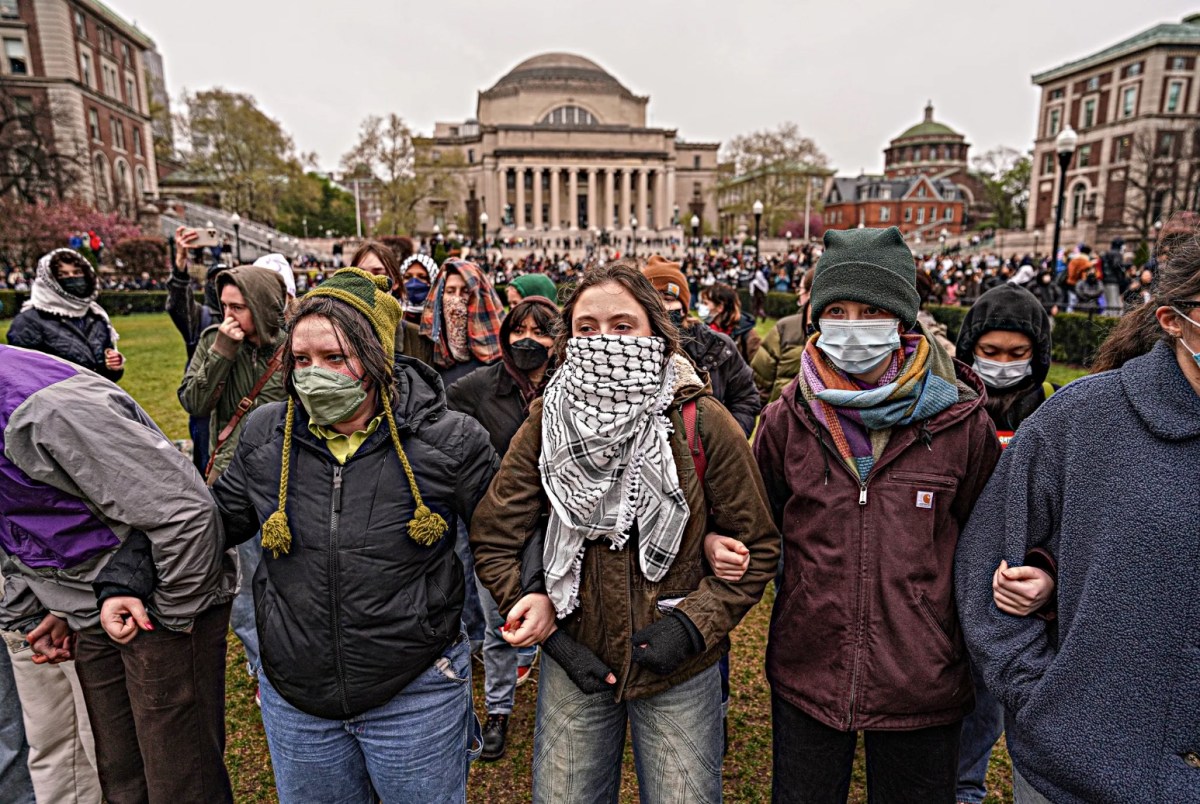New York City health care facilities are seeing a “concerning” amount of Candida auris outbreaks, according to a new report published in the Center for Disease Control’s Emerging Infectious Diseases journal.
The report, published in the October 2018 issue of the journal, is authored by multiple New York State Department of Health employees, including Eleanor Adams, a physician with the department and Emily Lutterloh, a physician and director of the department’s Bureau of Healthcare Associated Infections. Multiple CDC employees are listed as authors, as well.
First, what is Candida auris?
Candida auris, also referred to as C. auris, is a yeast or fungus that “presents a serious global health threat,” according to the CDC.
Candida auris is concerning, experts say, for a few main reasons. First, some infections can be multidrug-resistant, meaning the fungus is unaffected by the common antifungal drugs use to treat Candida auris infections.
Second, Candida auris can live on surfaces for weeks, leading to outbreaks that spread through patients and contaminated healthcare surfaces and equipment.

Third, it’s difficult to properly identify Candida auris with “standard laboratory methods.” If a lab does not have the proper technology, it may misidentify the fungus, causing improper management of the outbreak.
Candida auris can enter the bloodstream, causing severe infections that experts say can lead to death. The fungus can also cause infections in wounds and in the ears.
“Based on information from a limited number of patients, 30 to 60 percent of people with C. auris infections have died,” according to the CDC. “However, many of these people had other serious illnesses that also increased their risk of death.”
Candida auris in New York City
In the report, Adams and her colleagues write that Candida auris “has become endemic to hospitals in some parts of the world,” and that the detection of the fungus in New York healthcare facilities is concerning.
“In recent decades in public health we have focused on the threat of multidrug-resistant bacteria,” Adams said in a statement to Metro. “This study illustrates the potential for, and possible challenges from, an endemic or epidemic multidrug-resistant yeast in the United States. This is the first time we’ve seen a resistant Candida species cause a large outbreak in New York State.”
The authors’ research indicates an “interconnected web of affected healthcare facilities throughout New York City” responsible for the outbreak.
In the paper, researchers reviewed 51 clinical cases of Candida auris. All but one of these cases had been diagnosed in New York City: 21 from seven hospitals in Brooklyn, 16 from three hospitals and one private medical office in Queens, 12 from five hospitals and one long-term acute care hospital in Manhattan and one from a hospital in the Bronx.
The one case not diagnosed in New York City was of a patient in a western New York hospital, though the authors note that the patient had “recently been admitted to an involved Brooklyn hospital.” All of these patients also had serious medical conditions at the same time they contracted a Candida auris infection.
There have been Candida auris infections in other areas of the country (as well as in other countries like India, Venezuela, Japan and more), but the New York City area is home to the most confirmed clinical cases in the U.S.
Why is that? Well, the authors don’t really know. They suggest it might be because of the large, interconnected healthcare facility here, or maybe the higher prevalence is linked to “multiple introductions into this international port of entry.”
In response to these outbreaks, the state health department has amped up its infection prevention and control efforts, including webinars for clinicians and a Candida auris fact page for the public, with the hopes of preventing outbreaks and reducing the spread of Candida auris in New York and beyond.
“New York State has launched a comprehensive effort to slow the spread of this organism by issuing health advisories to inform healthcare facilities and clinical laboratories about C. auris, educating physicians and healthcare facility staff about C. auris and essential infection control measures, conducting site visits at healthcare facilities with patients with C. auris, obtaining cultures from patients and the environment to detect spread and enhancing laboratory capacity to process thousands of laboratory specimens,” Adams said. “We are proud of the teamwork put forth by all our partners, including healthcare facilities, to tackle this challenge.”



















